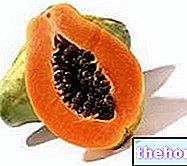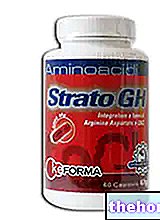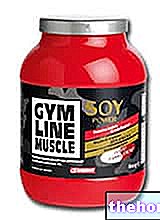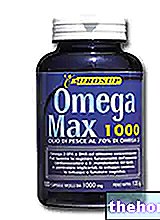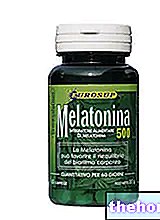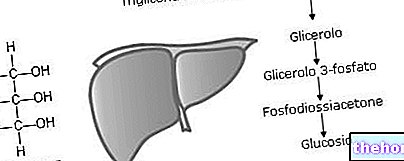What is Glucuronolactone
Glucuronolactone is a natural metabolite of glucose, synthesized in the liver and present in moderate quantities in some foods (wine, with its 20mg / L, seems to be the most generous source).

Made famous by some energy drinks (in redbull there are 600 mg / dL), glucuronolactone takes part in the formation of glycogen and is a structural component of practically all connective tissues.
In addition to these "anti-fatigue, anti-stress and energizing" drinks, glucuronolactone finds space in various ergogenic (which aim to improve athletic performance) or detoxifying supplements.
Effects and Properties
Glucuronolactone participates in the synthesis of glycogen (possible ergogenic role) and vitamin C, obviously not in humans since L-ascorbic acid cannot be produced by our body and must therefore be obtained from food.
Detoxifying properties are ascribed to glucuronolactone, useful for assisting the hepatic inactivation of drugs and toxins of various kinds. In fact, it participates in the process of glucurono-conjugation, a detoxifying mechanism that occurs in the human body, in particular at the hepatic level.
The purpose of this process is the addition, to the substance to be inactivated, of a molecule with a much larger steric size, capable of making the compound highly hydrophilic, inactive and easily eliminated from the organism.
Side effects
The lethal dose in 50% of the animal sample (LD50) is 20 g / kg; also for this reason it is currently considered a safe substance.

